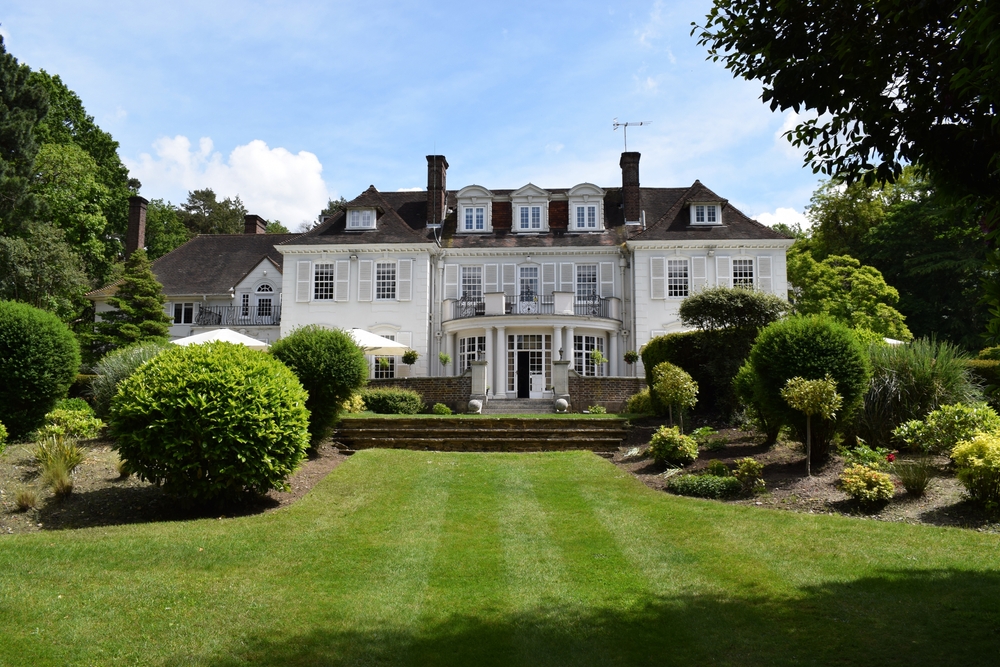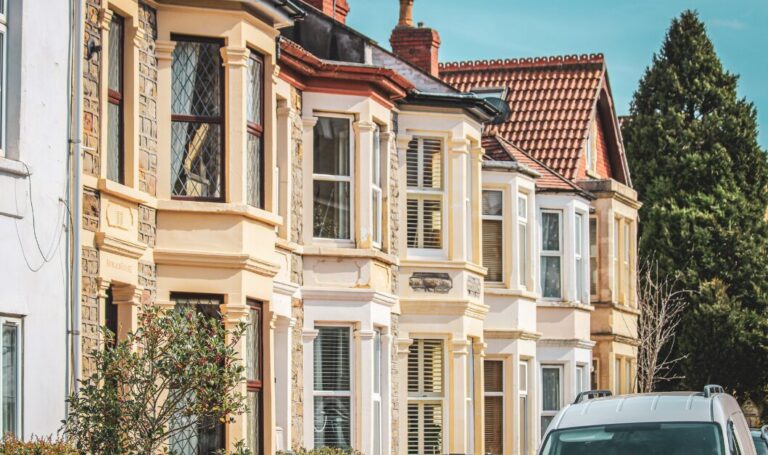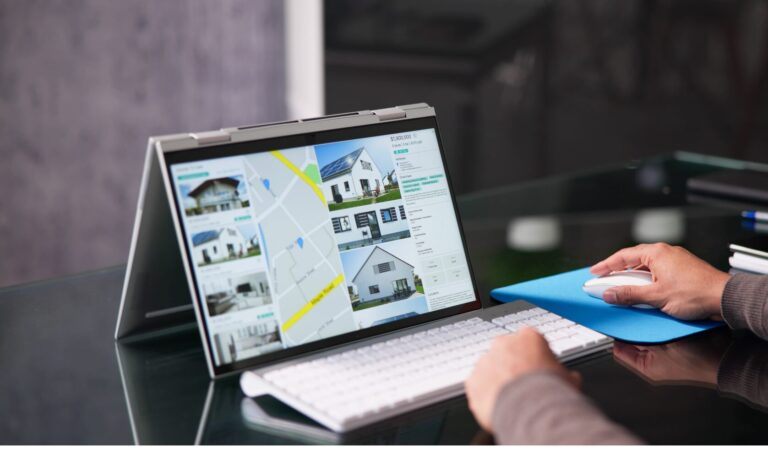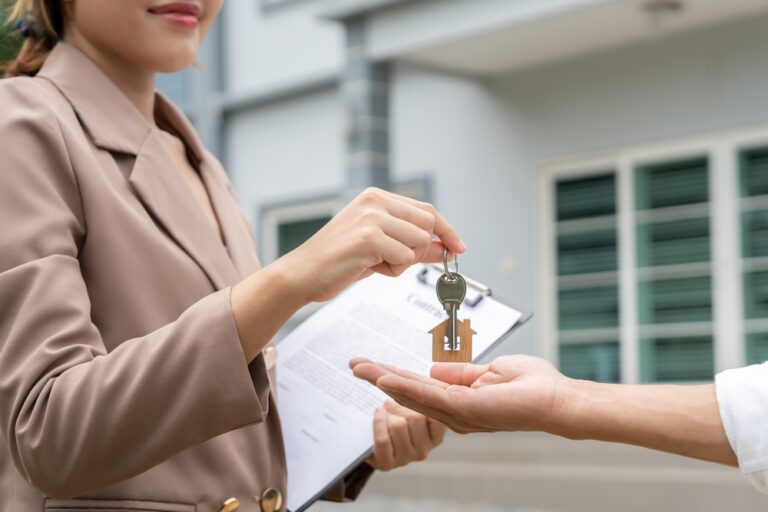A growing number of buyers are turning to holiday homes not just for weekend escapes, but as a smart way to future-proof their lifestyle and finances.
It’s not just about owning a second property. For some, it’s a lifestyle choice. For others, it’s a long-term plan or a potential investment. It helps to understand what’s involved and what to look out for when planning a holiday home purchase.
Search current investment properties with Ellis & Co
Why buying a holiday home appeals
More buyers are now looking at holiday homes as more than just a getaway. For some, it’s a step toward future relocation, a place to enjoy now and possibly live in full-time later. For others, it’s about flexibility.
A holiday home can serve as a personal retreat, a work-from-anywhere base, or a short-let income source during the weeks it’s not in use. With seasonal rental prices continuing to climb in popular UK destinations, owning your own space also means guaranteed access during peak times, without the premium. And over time, it becomes a part of your routine, and a second base that feels like home.
Benefits of owning a holiday home investment
Holiday homes offer more than flexibility, opening doors to a fresh pace of life. Many owners find that regular stays help them build genuine connections in the local community, something that fleeting tourists rarely experience. Over time, your second home starts to feel less like a break and more like a second base, somewhere with routines, favourite spots, and a sense of belonging.
From a financial perspective, well-managed holiday lets can outperform long-term rentals, particularly in high-demand coastal or countryside locations. There’s also potential to offset costs through furnished holiday let tax allowances, which aren’t available for standard buy-to-lets. And if you’re buying a holiday lodge within a managed park, extras like security, maintenance, and leisure facilities are often included, reducing day-to-day hassle while enhancing guest appeal.
Beyond income, many buyers view their holiday home as a long-term lifestyle asset, a place they can gradually transition to and enjoy with family across generations or retire to when the time is right.
Related: The landlord’s guide to tax returns
Things to keep in mind
Owning a holiday home comes with a few extra considerations, especially if it’s your first time buying a second property. Running costs like maintenance, insurance, and council tax can add up, so it’s worth building those into your budget early on.
Mortgage options for second homes or holiday lets may have slightly different requirements, but with the right financial advice, many buyers find a solution that suits their plans. If you’re hoping to let the property when you’re not using it, it helps to research demand in the area, some locations see strong bookings all year, while others are more seasonal.
In certain popular destinations, there may also be local rules around short-term letting. It’s always worth checking these before you commit.
Ultimately, the more clearly you define how you’ll use the home and how often, the easier it is to make the numbers work for you.
Related: Stamp duty on second homes – what buyers need to know
Personal use or holiday letting?
Deciding how you’ll use the property helps your approach from the start. If you’re buying property for holiday lets, you’ll need to meet certain conditions for it to qualify as a furnished holiday let (FHL) which may bring tax advantages but also minimum letting requirements.
If your focus is more on occasional personal use, you may face second-home council tax premiums in some parts of the UK. Some local authorities are now charging higher rates on unused properties to help tackle housing shortages.
Points to check before you commit
It’s worth doing your research before signing on the dotted line. Here are a few things to consider:
- Is the area in demand year-round, or just in peak season?
- Are there local rules about holiday letting or second-home ownership?
- How accessible is the location in poor weather or off-peak times?
- Will you need someone to manage the property in your absence?
- What are the long-term prospects for resale or rental value?
If you’re considering a leasehold home or park lodge, make sure to check the lease terms, fees, and site rules – these can vary widely and affect your overall return.
Related: Long-term vs. holiday lets: which is better?
Should you invest in a holiday house?
A holiday home can be a rewarding investment, both for your finances and your lifestyle. Many buyers aren’t just looking for returns; they want somewhere to spend time with family, recharge, and enjoy a break from everyday routines.
If you choose the right location, with good transport links, strong demand for short lets, and long-term value, it could be a smart move. Just be clear on your goals and budget from the start.
Related: What is a periodic tenancy?
Looking to explore your options? Your local Ellis & Co branch can help you learn more about investment opportunities.







